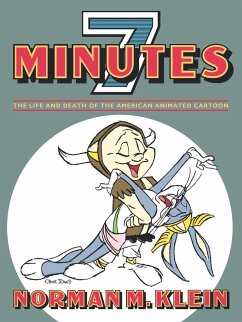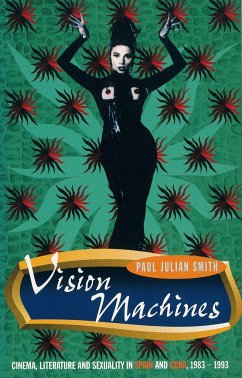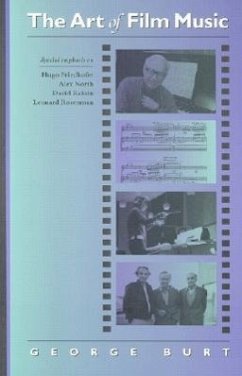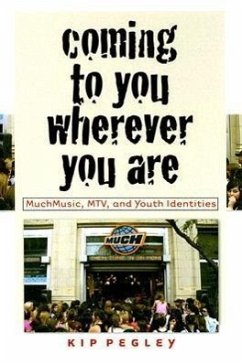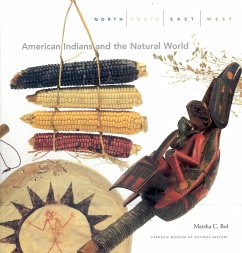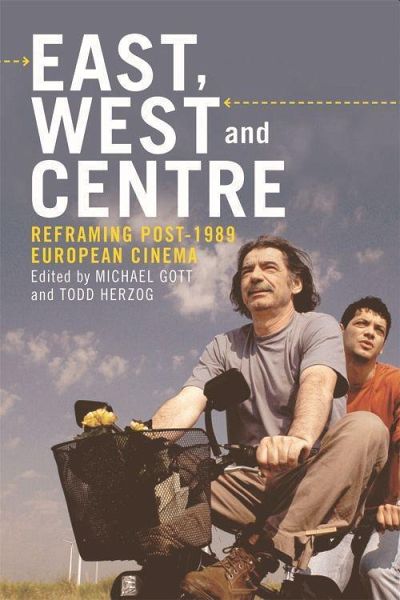
East, West and Centre
Reframing Post-1989 European Cinema
Herausgeber: Gott, Michael; Herzog, Todd
Versandkostenfrei!
Versandfertig in über 4 Wochen
40,99 €
inkl. MwSt.

PAYBACK Punkte
20 °P sammeln!
'East, West and Centre cannot be missed by anybody who searches for thoughtprovoking films and new ways to tackle them. Its authors engage with the legacies of various types of colonialism in Europe and imbalance in European cinema, and attempt to counteract these phenomena by offering close analyses of the most fascinating films made since the fall of state socialism, utilising concepts such as feminism, magic realism, hapticity and road cinema.' Ewa Hanna Mazierska, Professor of Contemporary Cinema in the School of Journalism and Media, University of Central Lancashire Twenty-five years have...
'East, West and Centre cannot be missed by anybody who searches for thoughtprovoking films and new ways to tackle them. Its authors engage with the legacies of various types of colonialism in Europe and imbalance in European cinema, and attempt to counteract these phenomena by offering close analyses of the most fascinating films made since the fall of state socialism, utilising concepts such as feminism, magic realism, hapticity and road cinema.' Ewa Hanna Mazierska, Professor of Contemporary Cinema in the School of Journalism and Media, University of Central Lancashire Twenty-five years have passed since the fall of the Berlin Wall and the end of communism in Eastern Europe, and ten years have passed since the first formerly communist states entered the EU. An entire post-Wall generation has now entered adulthood, yet scholarship on European cinema still tends to divide the continent along the old Cold War lines. In East, West and Centre the world's leading scholars in the field assemble to consider the ways in which notions such as East and West, national and transnational, central and marginal are being rethought and reframed in contemporary European cinema. Assessing the state of post-1989 European cinema, from (co)production and reception trends to filmic depictions of migration patterns, economic transformations and socio-political debates over the past and the present, they address increasingly intertwined cinema industries that are both central (France, Germany) and marginal (Romania, Bulgaria, Lithuania) in Europe. This is a ground-breaking and essential read, not just for students and scholars in Film and Media Studies, but also for those interested in wider European Studies as well. Michael Gott is Assistant Professor of French at the University of Cincinnati. Todd Herzog is an Associate Professor and Chair of German Studies at the University of Cincinnati.






